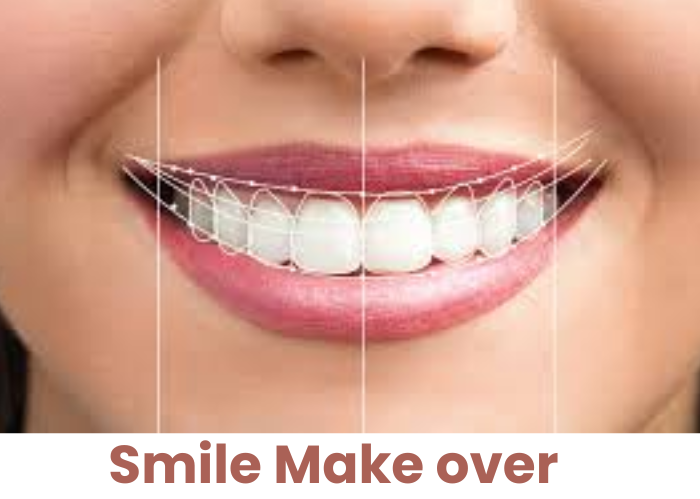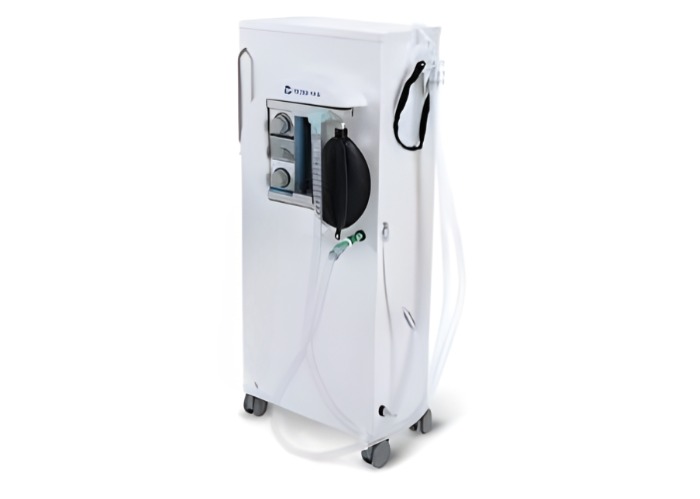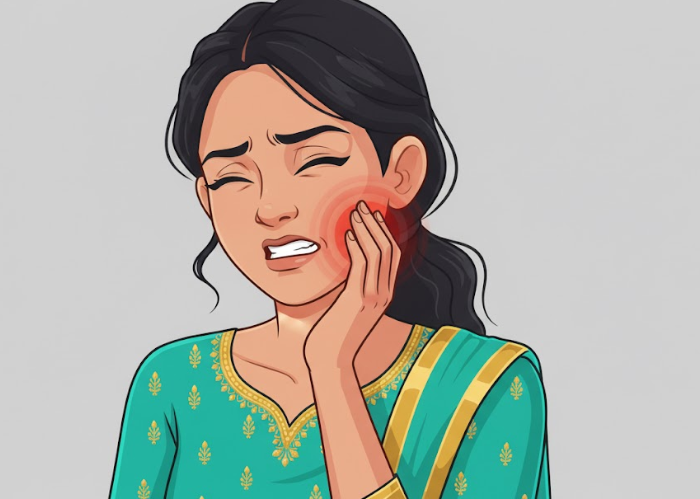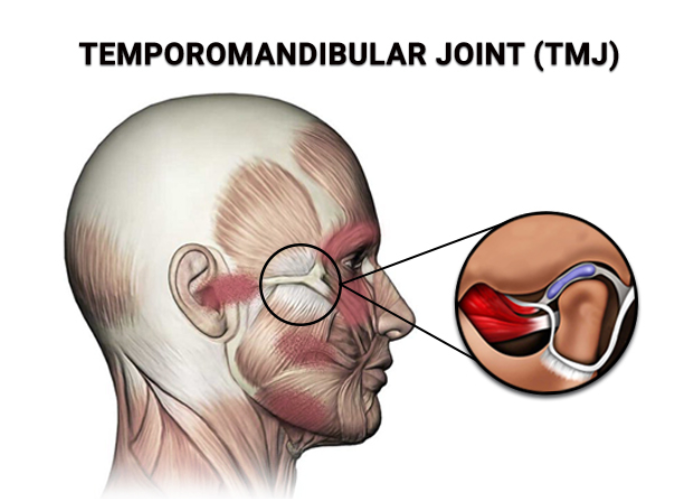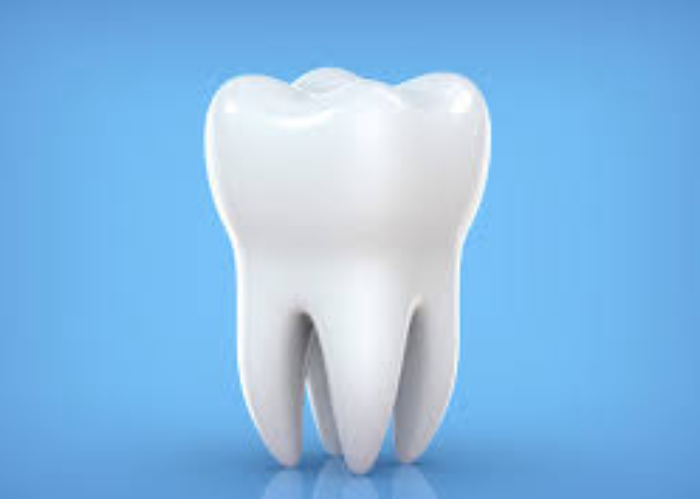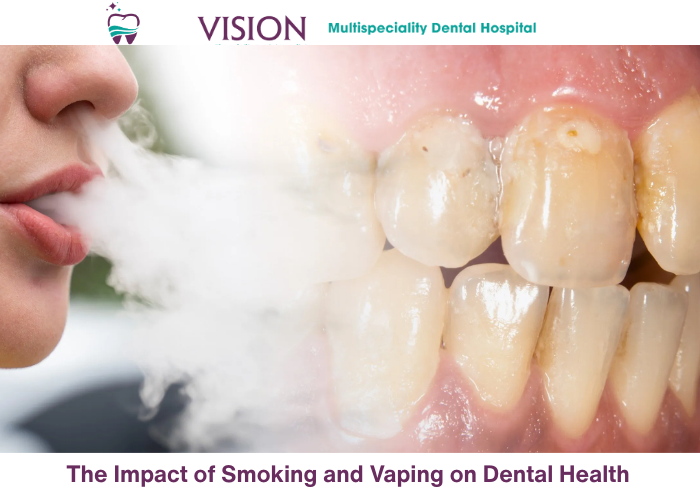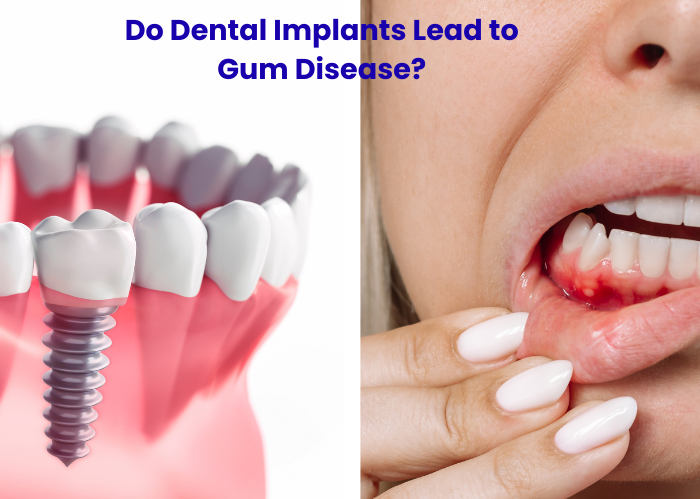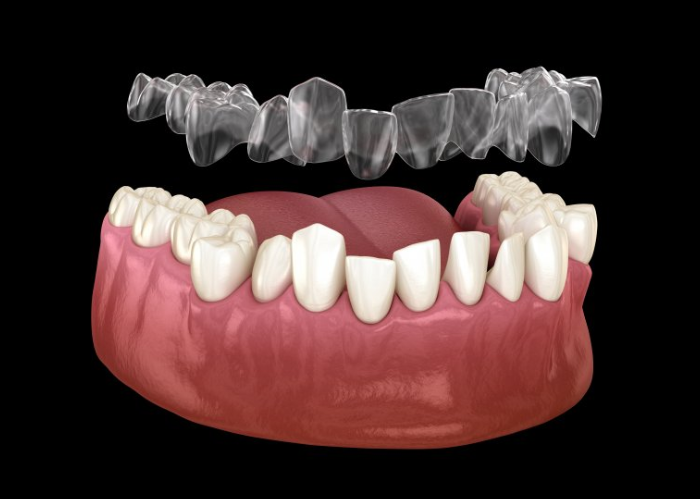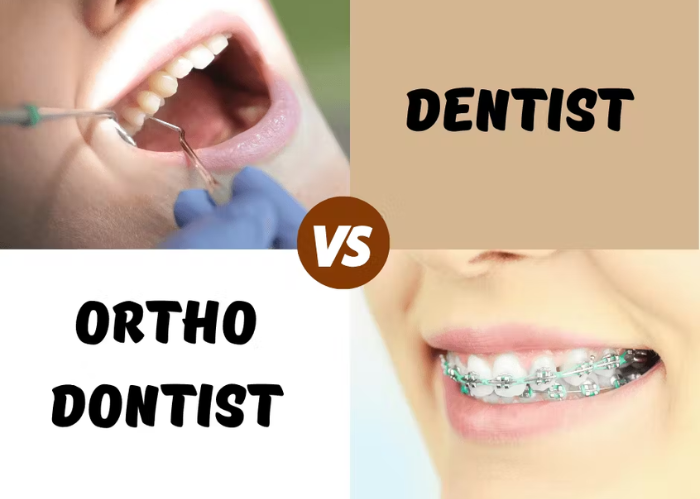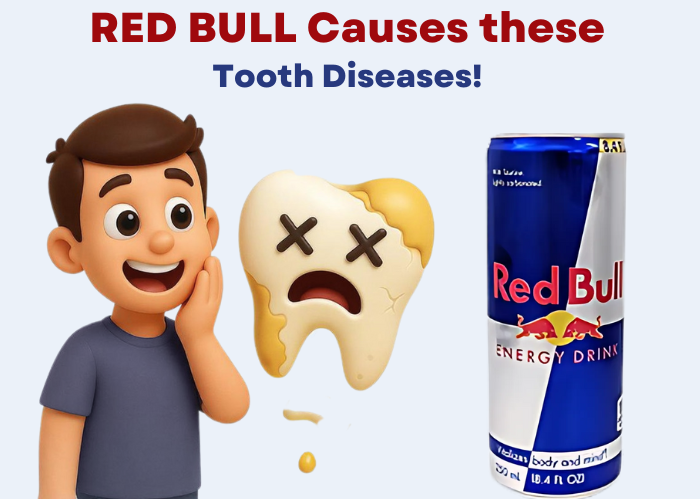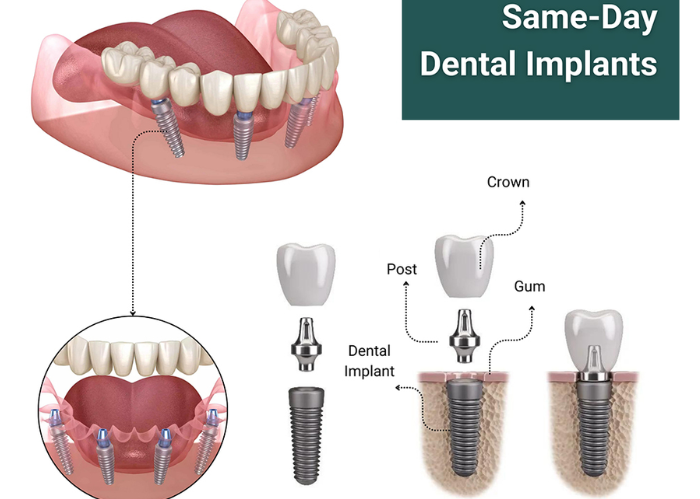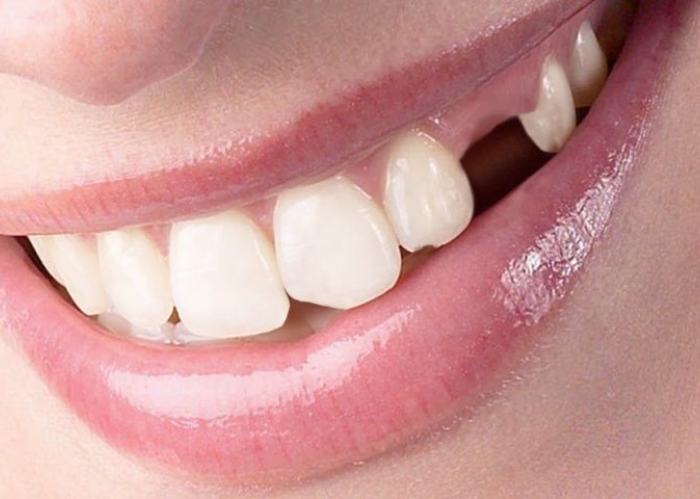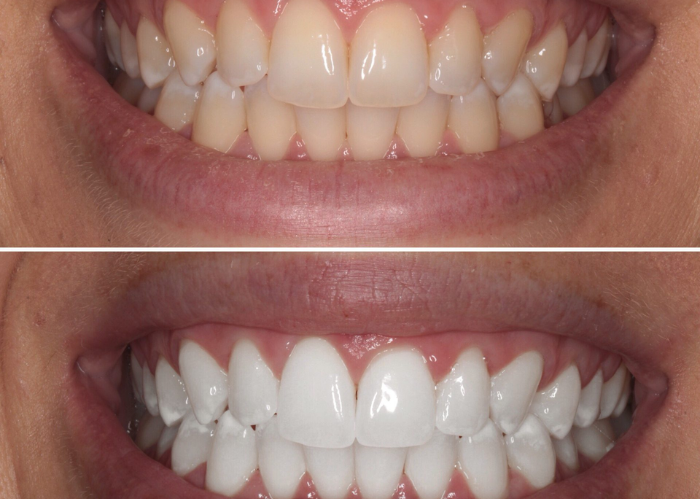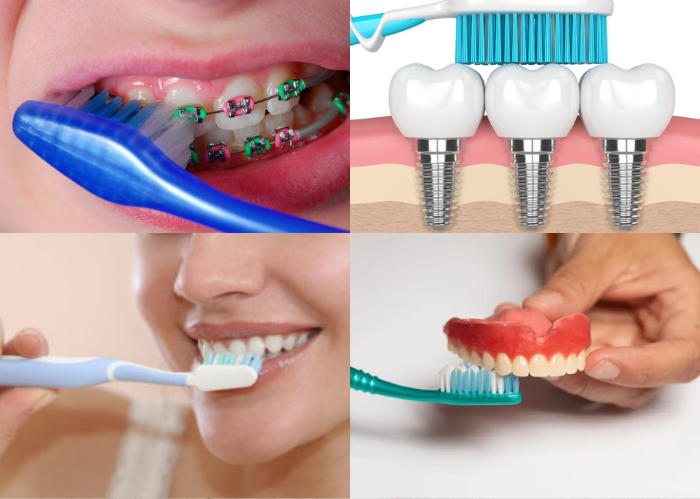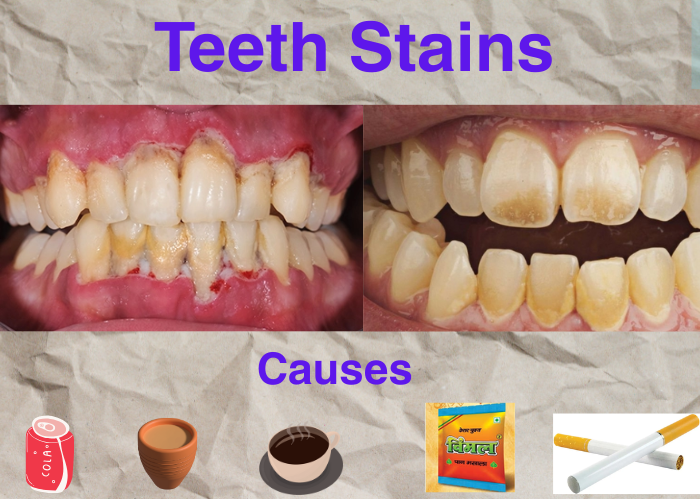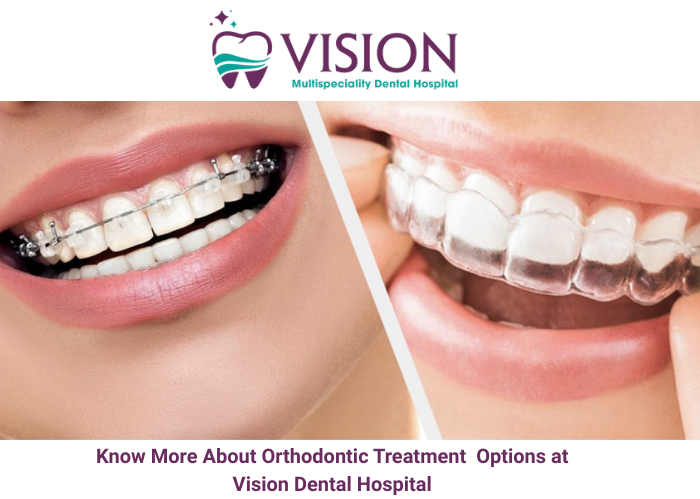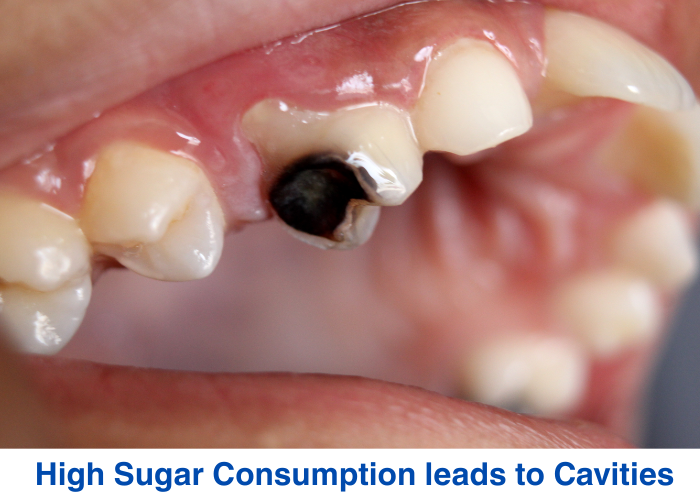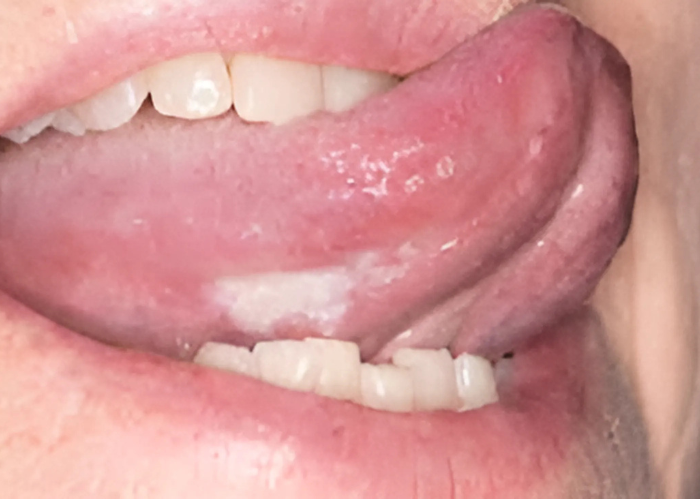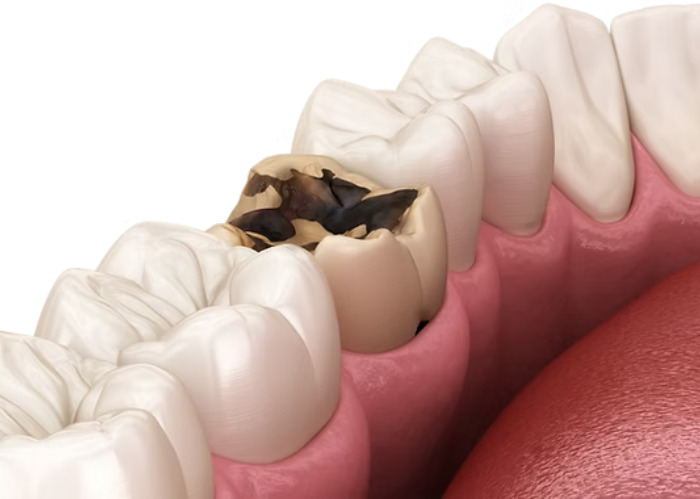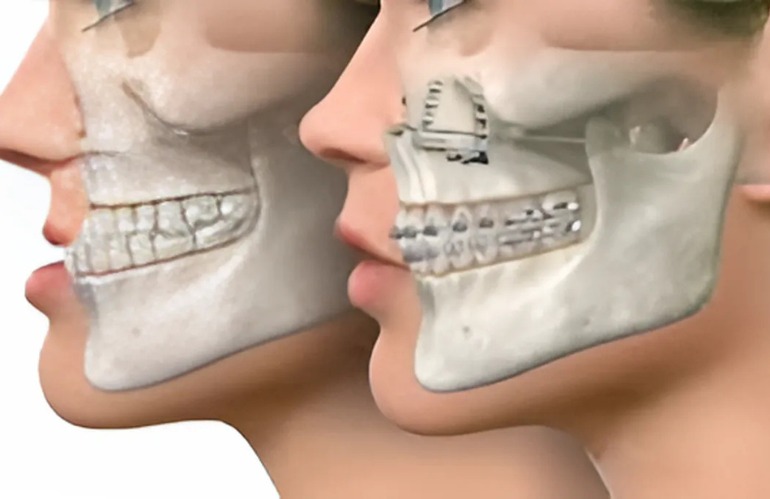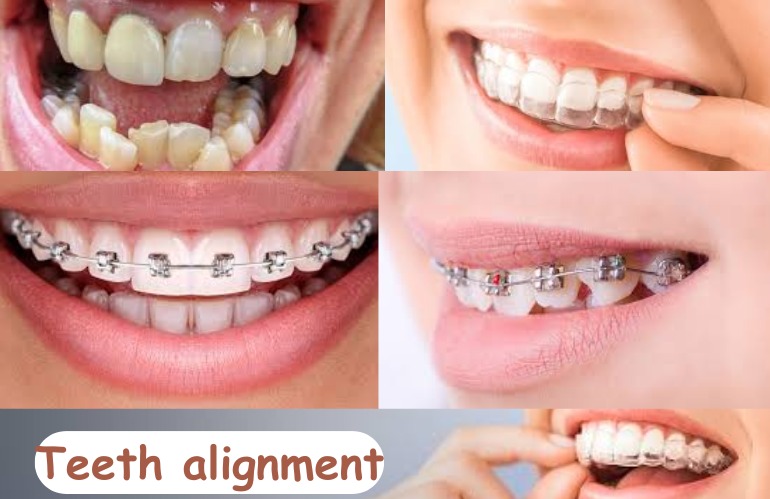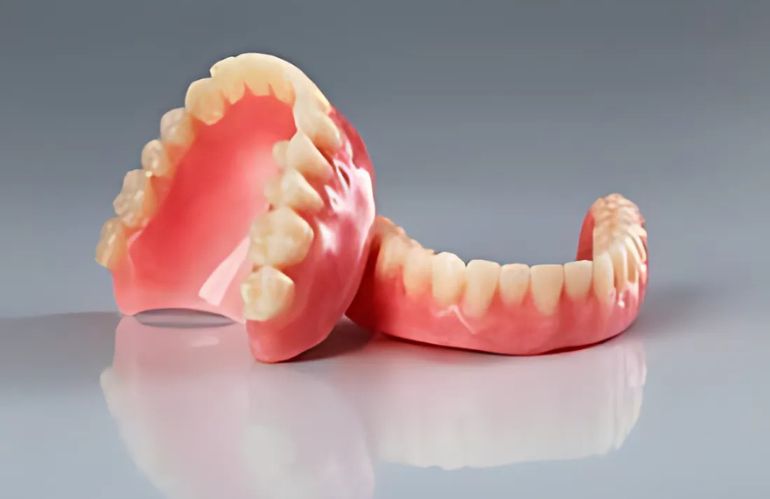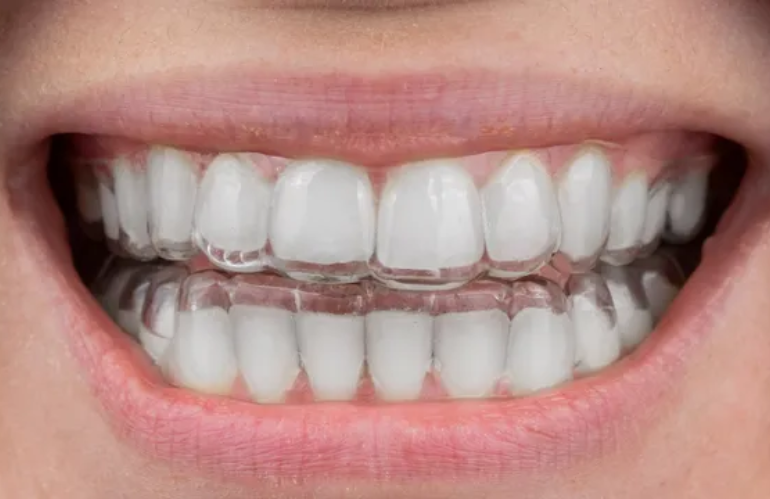Jaw Pain or Tooth Pain? The Hidden Connection: Why Your Tooth Pain Might Be TMJ
Have you ever experienced a stubborn toothache that just won’t go away, even though your dentist says you have no cavity? Or maybe you hear a clicking or popping sound when you open your mouth wide?
The surprising culprit might not be your teeth at all — it could be a problem with your Temporomandibular Joint (TMJ), the hinge that connects your lower jaw to your skull.
At Vision Multispeciality Dental Hospital, one of the best dental hospitals in Guntur, Dr. Abhilash and Dr. Lathasree often see patients who mistake TMJ-related pain for a typical toothache. Understanding this connection can help you find the right solution and finally get relief from chronic jaw or facial pain.
What is the TMJ and Why Does It Matter?
The Temporomandibular Joint (TMJ) is one of the most complex joints in your body. Located right in front of your ears, it allows your jaw to move — so you can chew, talk, and yawn comfortably. When this joint or the surrounding muscles become inflamed, misaligned, or strained, it leads to a condition known as Temporomandibular Disorder (TMD).
Because the jaw, facial muscles, and teeth share a close network of nerves, TMJ problems can cause pain that radiates to nearby areas — often mimicking a toothache. This is why you might feel pain in your teeth, ears, or temples even when there’s no dental decay.
